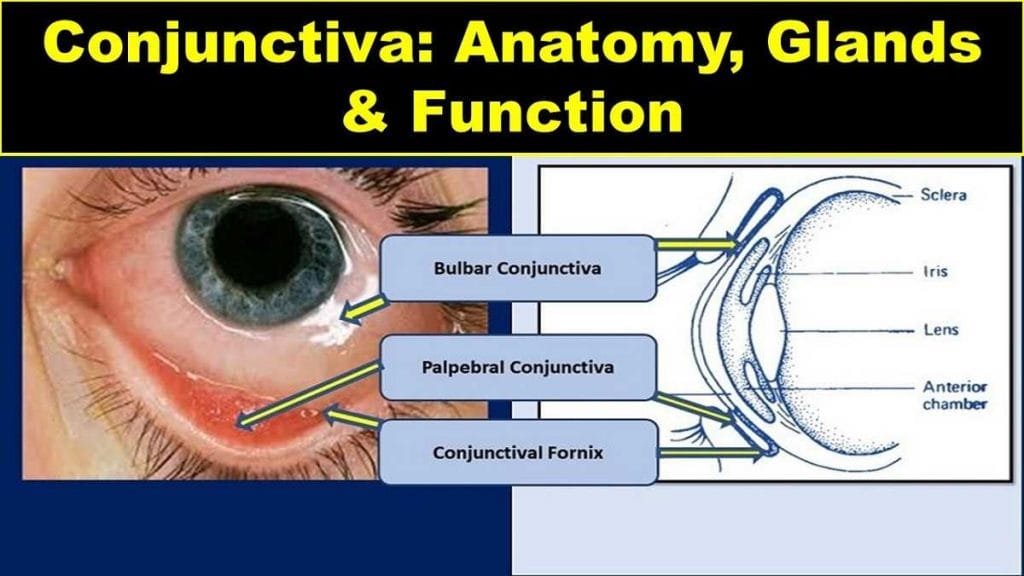Do eye drops expire? Why do they have expiration dates? What are the side effects of using expired eye drops? You may ask this if you have old eye drops from last year or from 5 years ago. Today we’ll answer these questions and more.
Yes, the eye drops expire. You should never use expired drops, as they may lead to side effects like irritation, inflammation, and even an eye infection.
Chemical compounds in them may change over time and no one wants any of these problems. Always discard your drops on or before the expiration date to avoid any potential issues.
Bringing an old dropper with eye drops near your eyes is a risk factor for spreading germs. This can lead to additional irritation and may increase the chances of developing infections.
The risk of using expired eye drops is not worth the health of your eyes. Studies have shown that expired eye drops can contain bacteria that can cause serious infections.

Why do eye drops expiration dates exist?
Medications and drugs have expiration dates that signify the drug’s sterility up to a certain time frame. As there is no more testing available after a stated period has passed, no eye care practitioner will suggest or recommend the use of any medication past its expiration.
There is no reason to ignore expiration dates as they may affect your vision. For instance, a poor-quality eye drop may cause a number of issues such as inflammation or even blindness.
Eye doctors advise throwing the expired eye drops away to avoid any harmful effects of expired eye drops.
Can you use expired eye drops?
This may be a controversial question, but most eye-care professionals would recommend not reusing expired eye drops. Your eyes are precious, so it’s important to keep them feeling healthy!
How long can you use prescription eye drops after opening them?
If you’re one of these patients and have just opened a bottle of eye drops, it’s important to know how long they can be used after opening. While most eye drops come with a safe-to-use-by date indicated on the label, many people forget what that date is or toss out their bottles without looking at it.
Eye drops, when used and stored according to the instructions on the bottle, will usually be safe and effective up until the expiration date, unless otherwise stated by your eye doctor or noted on your prescription.
Once the seal of the bottle is broken, it becomes susceptible and can become contaminated. This includes if liquid or liquid residue (from breaking the seal) touches your eye or another surface.
Eye drops often contain preservatives that should prevent bacteria from growing in the bottle, which makes it last for a while.
Different kinds of eye drops have different expiration dates and should be discarded accordingly. For example, preservative-free eye drops that come in individual vials need to be disposed of as soon as the seal is broken as there is no added protection against bacteria These eye drops should be thrown away 24 hours after opening.
Regular eye drops may contain preservatives and will expire quicker if opened. The expiration date represents how long the medication is expected to stay effective so it can be consumed without being spoiled or contaminated
Make sure to read the instructions/ labeling of these kinds of eye drops before use. You should also check for clearly marked expiration dates on the bottle. If you ever have any questions about how long you should use your eye drops, just ask the eye care professionals.
It is also important to store your eye drops adequately. There are different storage instructions for different brands so be sure to follow the directions on the bottle/package. Some may need to be stored at room temperature while others may require refrigeration.
When the eye drops are not stored correctly, their effectiveness and safety may no longer be guaranteed and they will have to be thrown away.
The risk of using expired eye drops
If you use expired eye drops, the results could be an ineffective treatment for your eyes or other vision problems, inflammation and irritation of the eyes, and the worst cases – infection.
The potency & benefits of the eye drops vary depending on the intended use and how long it has been since they were manufactured.
Patients usually experience very little to no side effects when using drops that have passed their expiration date – However, this largely depends on whether or not the bottle has ever been opened.
The risks involved with using partially used bottles of eye medication that have expired are more significant than those that are still sealed in their original packaging, but it should be noted by the users that eye care professionals don’t recommend using these products at all.
Loss of effectiveness
According to the United Food Suppliers (UFS), preservatives in eye drops have a 28-day shelf life. This is why expiration dates are labeled on your eye drops to ensure potency and safety.
Expired medications can pose a health risk, and eye care professionals recommend throwing away any expired medication that has been used, and that has gone beyond their expiration date.
Compositional changes
The longer a bottle of eye drops stays around, the more the contents might change. For this reason, many brands put an expiration date on their bottles which tells customers how long it’s safe to use them for.
Eye medications may come with both active and inactive ingredients. Once the bottle is opened, it can start to degrade with exposure to oxygen.
In some cases, eye drops can simply lose their effectiveness. There can be cases where the eye drop becomes unstable and this can sometimes cause symptoms like irritation, swelling, or redness.
Bacterial infection
When patients put eye medications in their eyes, the dropper can touch their own eyes. There is a chance that bacteria from the eyelid or lashes will get caught on the dropper and transfer to your eyeballs. With time passing, the bacteria can overcome a bottle. This is especially true of a solution left to weaken.
Over time, the solution will be filled with bacteria. The consequences of applying this solution could be dire. This means it’s a good idea to have someone else administer eye medication that is within its expiration date.
Eye irritation
One of the most common forms of irritation and inflammation is caused by eye drops that are unstable or weakened. This happens most often with expired drops, but it can also occur with saline solutions if the expiry date has been passed.
Once there is a change in the composition of the eye drops, they are not good for the surface of the eyeball. Other chemicals in high concentrations such as salt and additives may result in swelling and redness in the eye.
How to avoid using expired eye drops?
The expiration date of eye medications is usually stamped on their packaging box or at the bottom of the bottle. If you cannot find it, it is best to discard the med instead of taking a chance.
One way to ensure that you’re not using old eye drops is to remember when you last purchased them and make a note of the date. If there’s no expiration date on your bottle, try and estimate how long ago you bought them, and also make sure you take note of this. You should avoid using expired eye drops as they could potentially cause harm to your eyes.
Is it bad to use expired eye drops? (Takeaway)
We take our eye health seriously, so it’s advised to take all expiry dates very seriously. There are some useful takeaways from the article.
Unopened eye drops are only effective up to their expiration date. Likewise, opened eye drops must be used within 28 days.
And, eye drops have a limited shelf life, to begin with, so if they’ve been sitting around for a while, there is a risk that they’ll be contaminated or have bacteria in them.
Sources
- https://www.aao.org/eye-health/ask-ophthalmologist-q/how-long-after-opening-is-it-safe-to-use-eye-drops [View]
- https://lasikomaha.com/using-eye-drops-after-their-expiration-date/
- https://www.insider.com/do-eye-drops-expire
YOU MAY ALSO LIKE
Blurry Vision In The Morning – Causes And Concerns
Pain in Corner of Eye (Outer & Inner): 10 Causes & Solution
Eyelid Anatomy: Parts, Layers, and Function of Palpebrae
Eye Itching in the Corner (Inner & Outer): Causes, Treatment & Remedies


